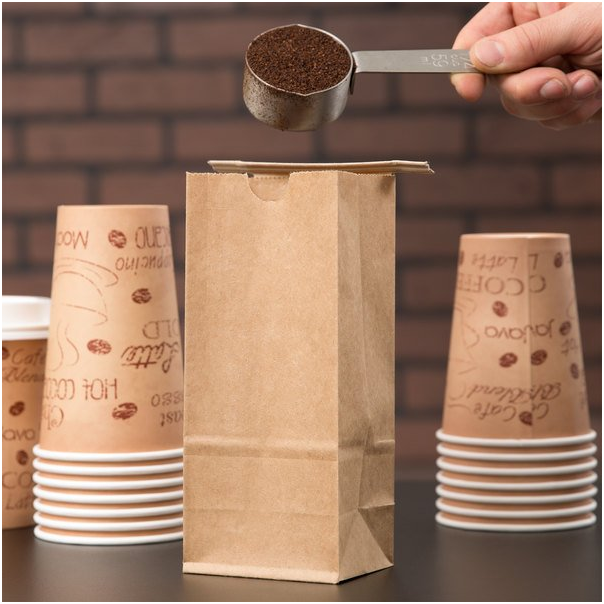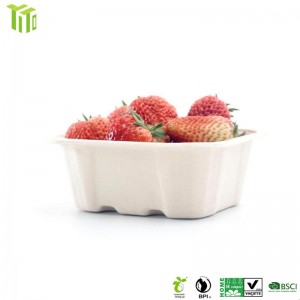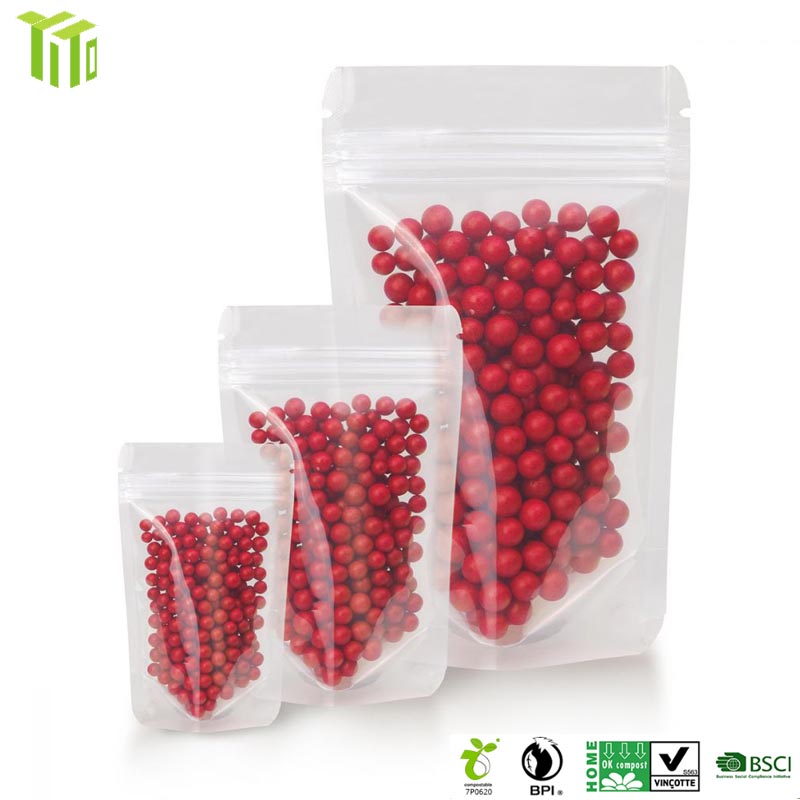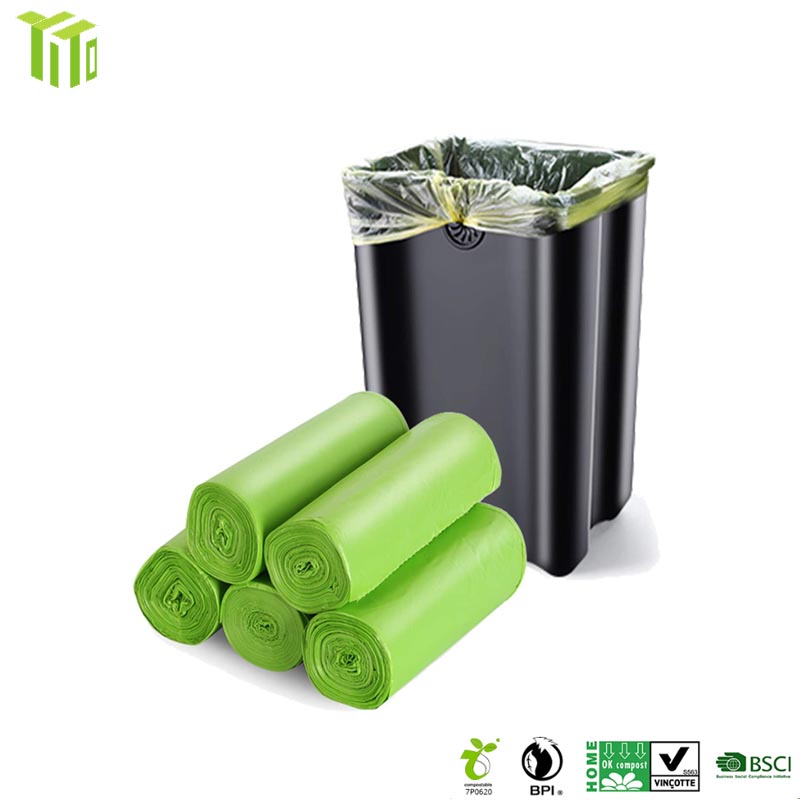1、Plastic Vs Compostable Plastic
Plastic,cheap,sterile and convenientit changed our lives But this wonder of technology got a little out of hand.Plastic has saturated our environment.it takes between 500 and 1000 years to break down.We need use a environmental material to protect our home.
Now, a new technology is changing our lives.Compostable plastics are designed to biodegrade into soil conditioning material, also known as compost. The best way to dispose of compostable plastics is to send them to an industrial or commercial composting facility where they’ll break down with the right mixture of heat, microbes, and time.
2、Recycle/Compostable/Biodegradable
Recyclable:For many of us, recycling has become second nature – cans, milk bottles, cardboard boxes and glass jars. We’re pretty confident with the basics, but what about the more complicated items like juice cartons, yoghurt pots and pizza boxes?
Compostable:What makes something compostable?
You may have heard the term compost in regards to gardening. Garden waste such as leaves, grass clippings and non-animal food make great compost, but the term can also apply to anything made from organic matter which breaks down in under 12 weeks and enhances soil quality.
Biodegradable:Biodegradable, like compostable means broken down into smaller pieces by bacteria, fungi or microbes (things naturally occurring in the ground). However, the main differences are there is no time limit on when items can be considered biodegradable. It can take weeks, years or millenniums to break down and still be regarded as biodegradable. Unfortunately, unlike compost, it doesn’t always leave behind enhancing qualities but may damage the environment with harmful oils and gases as it degrades.
For example, biodegradable plastic bags may still take decades to fully break down while releasing harmful CO2 emissions into the atmosphere.
3、Home Compost vs Industrial Compost
HOME COMPOSTING
Composting at home is one of the most effective and environmentally-responsible methods of getting rid of waste. Home composting is low maintenance; all you need is a compost bin and a little bit of garden space.
Vegetable scraps, fruit peels, grass cuttings, cardboard, eggshells, ground coffee and loose tea. They can all be put into your compost bin, along with compostable packaging. You can add your pet’s waste too.
Home composting is usually slower than commercial, or industrial, composting. At home, it can take a few months to two years depending on the contents of the pile and composting conditions.
Once fully composted, you can use it on your garden to enrich the soil.
INDUSTRIAL COMPOSTING
Specialised plants are designed to deal with large-scale compostable waste. Items which would take a long time to decompose on a home compost heap decompose much quicker in a commercial setting.
4、How Can I Tell if a Plastic Is Compostable?
In many cases, the manufacturer will make it quite apparent that the material is made of compostable plastic, but there are two “official” ways to distinguish a compostable plastic from a regular plastic.
The first is to look for the certification label from the Biodegradable Products Institute. This organization certifies that products are able to be composted in commercially run composting facilities.
Another way to tell is to look for the plastic recycling symbol. Compostable plastics fall into the catch-all category marked by the number 7. However, a compostable plastic will also have the letters PLA underneath the symbol.
Related Products
Post time: Jul-30-2022




